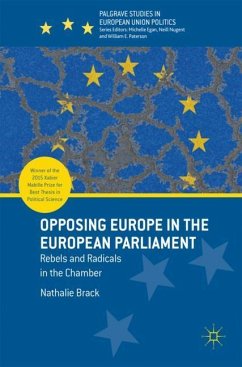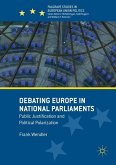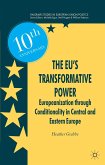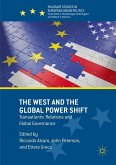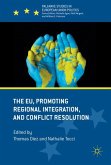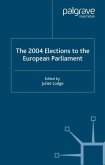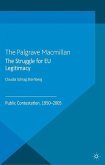The book provides an in-depth analysis of Eurosceptics' strategies in the European Parliament. It explores the paradoxical situation of Eurosceptic MEPs: particularly successful during EP elections, how then, once elected, do they operate in a political system they oppose? This book analyses how Eurosceptic MEPs conceive and carry out their mandate within the institution. On the basis of more than 100 interviews, it proposes a typology of four strategies developed by these actors. It also explains the diversity of Eurosceptics' strategies, showing the relevance of the interaction between the institutional context and the individuals' preferences. With the growing success of Eurosceptic parties and the challenges they pose to the future of integration, this study also reflects on the consequences of their presence for the EP and for the legitimacy of the EU. This book will be of interest to students and scholars of European politics, European integration, comparative politics, legislative studies and political parties.
Bitte wählen Sie Ihr Anliegen aus.
Rechnungen
Retourenschein anfordern
Bestellstatus
Storno

